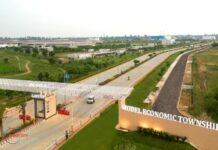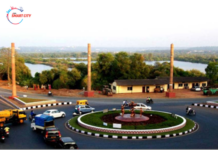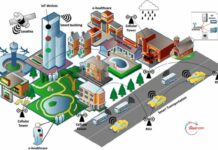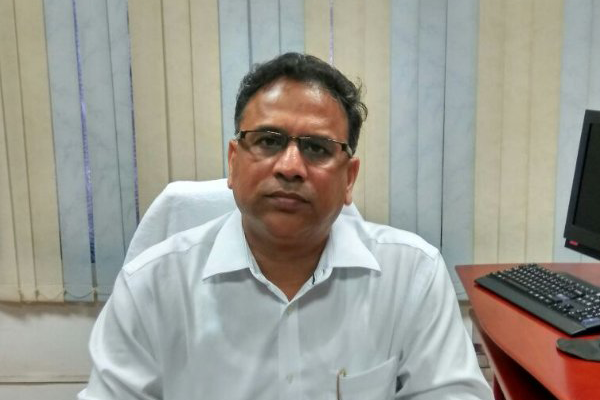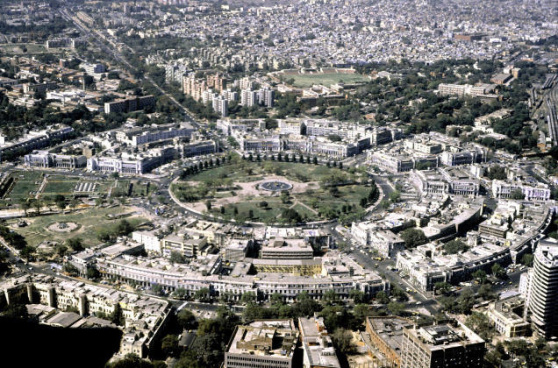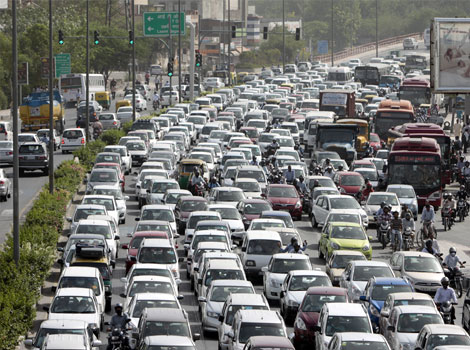
At a time when urban mobility has emerged as a major concern and the central government is set to launch new initiatives for building 100 smart cities and renewal of 500 cities and towns, some planners, experts and other stakeholders have opined that Metro Rail Transport, building more roads, flyovers, elevated highways etc., may not necessarily be the answer to India’s urban transport problems. They have asserted that efficient public transport is the solution and urged early intervention to enable the emerging cities to cope up with the problem so as to avoid the unwieldy experiences of mega and major cities.
The four-day-long 7th Urban Mobility India Conference, organised by the Institute of Urban Affairs and Ministry of Urban Development recently, came out with a set of 10 recommendations to address the urban mobility issue in the country. It was attended by over 1,000 decision makers, experts, academia, industry delegates, civil society representatives and other stakeholders from 20 Indian states and 23 foreign countries. Over 70 presentations and 20 research papers were presented at the Conference.
The Conference has recommended formulation of Comprehensive Mobility Plans for cities with over one lakh population focusing on introduction of public transport systems at an early stage to avoid the kind of problems that bigger cities are facing today. The example of Naya Raipur, which had introduced Bus Rapid Transport System (BRTS) at an early stage, was highlighted as a good practice. Noting that BRTS is in use in over 160 cities across the world, the participants noted that it may not have yielded desired results in some Indian cities, but it is workable and relevant.
The Conference also recommended that urban development needs to be centred around transport planning through formulation of Comprehensive Land Use and Mobility Plans. Such plans have been suggested for all cities with over one lakh population when they are not yet locked into land use patterns that promote private motorized transport.
Noting that transport systems were at the core of a Smart City, the experts underscored the need for holistic planning with focus on mass transit systems in combination with last mile connectivity. Experts from Seoul, the city credited with having one of the best transport systems in the world, shared their experience of developing high quality public transport system combined with demolition of flyovers and elevated highways. The experts noted that building more roads, flyover and elevated roads may provide short term relief but they would soon be swamped by growing private motorised transport.
The Conference has taken serious note of the lack of good data to support systematic investment planning and the complexities of collecting and managing such data. It was pointed out that the data required is not available with one agency even at the city level posing serious challenges. It recommended to the Government to take up a Pilot Project to develop a database for one city using smart card based technologies, which could then be replicated by others, as a pre-condition to the smart cities programme.
Noting that merely building a high cost metro or a BRT would not be enough on its own, the Conference recommended integrated multi-modal systems ensuring last mile connectivity for better outcomes.



